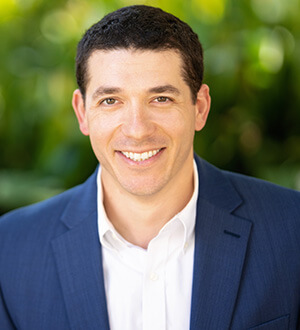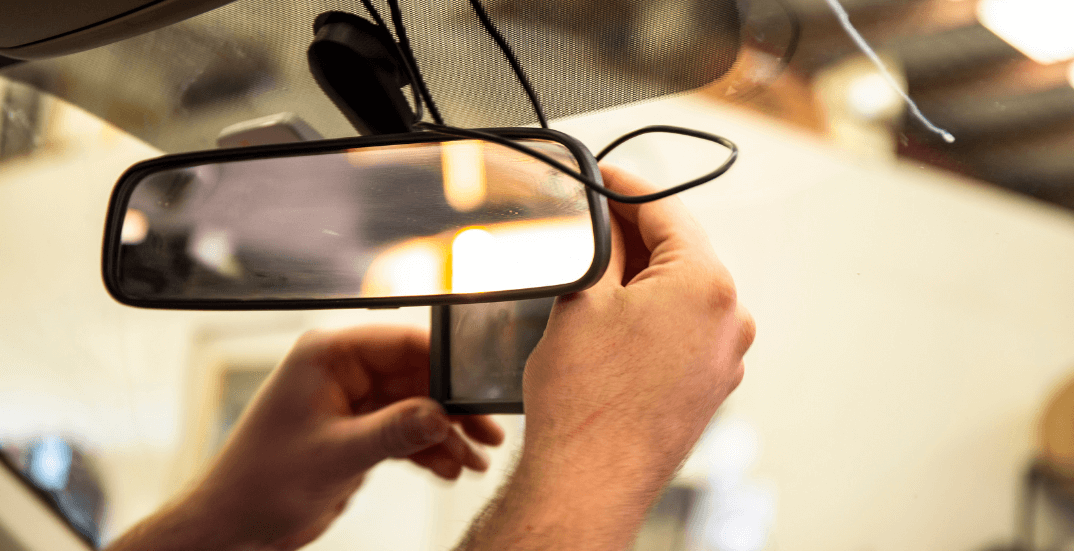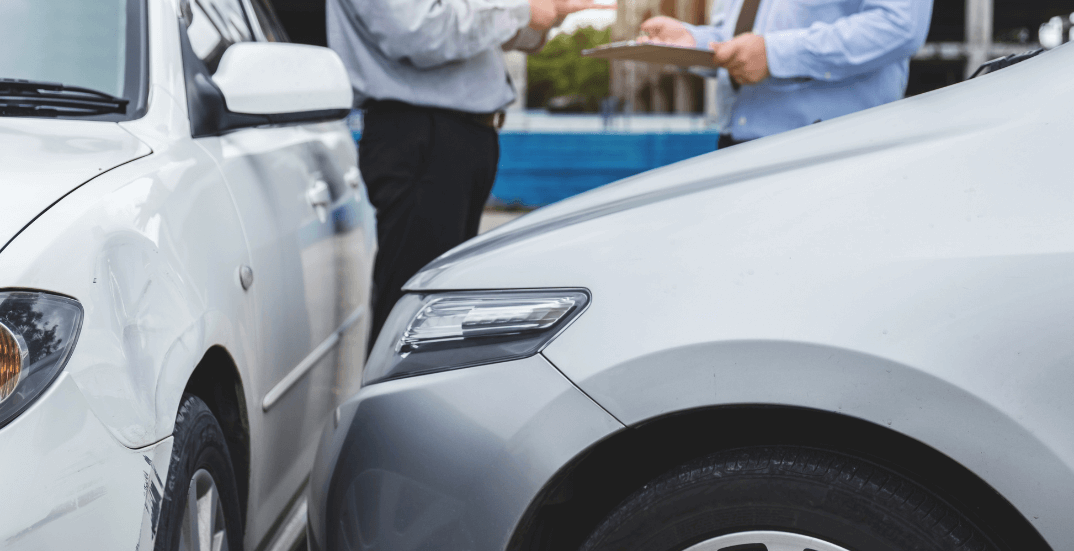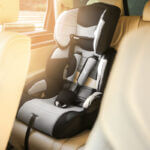
Associate at AKD Lawyers
Practice Areas: Personal Injury, Property Damage, Insurance Bad Faith Claims, Breaches of Contracts, Employer-Employee Disputes

Dash cams are becoming a common tool for drivers who want more transparency on the road. These small cameras can turn everyday commutes into valuable documentation tools, helping you understand what really happened during an accident. They don’t replace the need for official reports, but they do provide clear, time-stamped footage that can clarify facts and support fair outcomes.
This article explains how dash cams work, how Louisiana law views dash cam footage, and what drivers should know about privacy, evidence, and best practices for responsible use.
Understanding Dash Cams and Their Purpose
A dash cam, or dashboard camera, records video while you drive. It acts as a silent witness, capturing what unfolds in front of (and sometimes around) your vehicle. Unlike a backup camera, which only assists while reversing, dash cams record continuously and store that footage for later use.
Modern dash cams come in several formats: front-facing, dual-channel, and even 360-degree systems that cover every angle. The right choice depends on how much visibility you need and how complex your driving conditions are.
They use features like loop recording (automatically overwriting older clips), GPS data, and timestamps to maintain accuracy and reliability. These technical elements make dash cam footage a dependable form of video evidence in collisions or insurance documentation.
How Dash Cams Work and Their Types
Dash cams differ in setup and functionality. Understanding these differences helps you choose one that suits your needs.
Common Types of Dash Cams
| Dash Cam Type |
Coverage Area |
Ideal Use |
Limitations |
| Front-Facing | Front windshield view | Captures frontal impacts, traffic signals | Doesn’t show rear or side impacts |
| Dual-Channel | Front and rear | Useful in rear-end or multi-vehicle accidents | May miss side collisions |
| 360-Degree | Full surroundings | Ideal for trucks or large vehicles | Higher cost, larger data storage |
| Interior + Exterior | Both cabin and road view | Helpful for ride-share or fleet drivers | Privacy concerns |
Front-facing dash cams are the simplest and most common. Dual-channel dash cams add rear coverage, which is helpful for multi-car or rear-end incidents. 360-degree systems cover blind spots and are often used in large vehicles like trucks or commercial fleets.
The key advantage lies in the ability to capture unfiltered, real-time events details that may otherwise be missed in the confusion of an accident.

Legal Admissibility of Dash Cam Footage in Louisiana
In Louisiana, dash cam footage is typically admissible in court as long as it meets three basic conditions: authenticity, relevance, and integrity. Under Louisiana Revised Statutes, Title 13 – Evidence, such recordings are valid if they are original and have not been edited or tampered with.
However, Louisiana’s privacy rules are also strict. According to La. R.S. §15:1303, recording someone’s voice without at least one party’s consent may violate the state’s consent laws. This means that while you can record video in public spaces, audio recording requires extra caution.
Courts also value the chain of custody how you store and manage the footage matters. Always keep the original files, maintain timestamps, and avoid any alterations to preserve admissibility.
How Dash Cams Strengthen Accident Documentation
When an accident happens, emotions and confusion can make it hard to recall details. Dash cams provide objective visual evidence that removes much of that uncertainty.
They help in several key ways:
- Clarifying Fault: Footage can reveal traffic light changes, driver behavior, or weather conditions that explain how an accident occurred.
- Supporting Insurance Documentation: Clear video clips make it easier for insurance companies to determine fault and process claims quickly.
Dash cams can also capture details that help identify hit-and-run vehicles like color, make, or license plates giving law enforcement a stronger starting point.
A New Orleans car accident attorney often reviews such footage to understand liability and reconstruct events accurately. The clarity and authenticity of this digital evidence can make it easier for drivers to present the facts clearly when filing insurance documentation or discussing fault.
“Over 70% of trucking-related disputes were resolved more efficiently with dash cam footage.” — American Trucking Associations, 2024 Report
Even though this footage can simplify liability, it should always be supplemented with police reports, witness statements, and professional assessments for a complete record.

Limitations and Ethical Considerations
While dash cams can provide clarity, they also come with limitations. Not every recording angle captures the full story. Poor lighting, camera placement, or partial coverage can reduce accuracy.
Privacy is another concern. Recording inside your car or capturing pedestrians may raise issues if individuals are unaware they are being filmed. Before installing a dash cam, drivers should understand both Louisiana evidence laws and privacy regulations.
It’s also important to avoid posting footage online. Sharing accident videos on social media can lead to unintended legal complications, especially if investigations are ongoing.
Dash cam footage should be seen as supporting documentation, not as proof that replaces official findings or expert testimony.
Best Practices for Responsible Dash Cam Use
To get the most out of a dash cam, responsible use is essential. Proper setup and storage ensure the video remains reliable if ever needed.
Installation and Setup
Install the camera securely behind the rearview mirror so it captures the road without blocking your view. Clean the lens regularly and check that the timestamp and GPS settings are accurate.
Managing and Preserving Footage
Most cameras record in loops, which means new clips overwrite old ones. Transfer important clips to cloud storage or a hard drive immediately after an incident to avoid losing evidence. Keep backups and ensure metadata remains intact.
Maintaining Integrity
When submitting footage for insurance or legal purposes, provide the original file. Avoid edits, filters, or cropping that could question its authenticity. Proper labeling and storage can make a difference if the video becomes part of a formal review.
“Dash cam footage speeds up claims processes, reduces ambiguity, and discourages fraudulent reports.” — Insurance Information Institute (III)
FAQs
Is dash cam footage admissible in Louisiana courts?
Yes. Courts usually accept dash cam footage if it’s relevant, authentic, and unaltered, but audio consent rules must be followed.
Can dash cam footage replace police reports?
No. It complements official evidence such as police and witness reports but cannot replace them.
How long does dash cam footage stay saved?
Most cameras overwrite older footage automatically unless clips are saved manually or uploaded.
Are there privacy concerns with using dash cams?
Yes. Recording private conversations or individuals without consent may violate Louisiana laws.
How can drivers maintain the integrity of footage?
Save unedited video with timestamps, back it up, and store it securely to prevent tampering.
Conclusion
Dash cams give everyday drivers the ability to document their experiences and protect themselves from uncertainty after an accident. In Louisiana, authentic, unedited dash cam footage can support transparency, reduce disputes, and provide valuable evidence when used responsibly.
Drivers who understand both the benefits and boundaries of this technology are better equipped to handle post-accident documentation.
If you were involved in an accident and want guidance on how to use your dash cam footage effectively, the experienced attorneys at Alvendia, Kelly & Demarest Law Firm can help you understand your options. Contact us today for a free consultation and learn how to preserve your rights under Louisiana law.
Categories

In 2003, after being dissatisfied with the quality of legal care for victims of car accidents, Roderick ‘Rico’ Alvendia sought to establish a new firm focused on providing high-quality legal services to aid injured victims and their families. J. Bart Kelly, sharing Rico’s passion for upholding justice, joined the firm later that year, and established a partnership.






